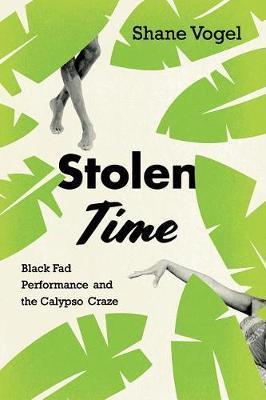Stolen Time

Stolen Time
PRP: 249.60 Lei
Acesta este Prețul Recomandat de Producător. Prețul de vânzare al produsului este afișat mai jos.
224.64Lei
224.64Lei
249.60 LeiLivrare in 2-4 saptamani
Descrierea produsului
Detaliile produsului

Coșul tău de cumpărături a fost actualizat!

PRP: 249.60 Lei
Acesta este Prețul Recomandat de Producător. Prețul de vânzare al produsului este afișat mai jos.
224.64Lei
224.64Lei
249.60 LeiLivrare in 2-4 saptamani
Descrierea produsului
Detaliile produsului
Noi suntem despre cărți, și la fel este și
Newsletter-ul nostru.
Abonează-te la veștile literare și primești un cupon de -10% pentru viitoarea ta comandă!
*Reducerea aplicată prin cupon nu se cumulează, ci se aplică reducerea cea mai mare.

